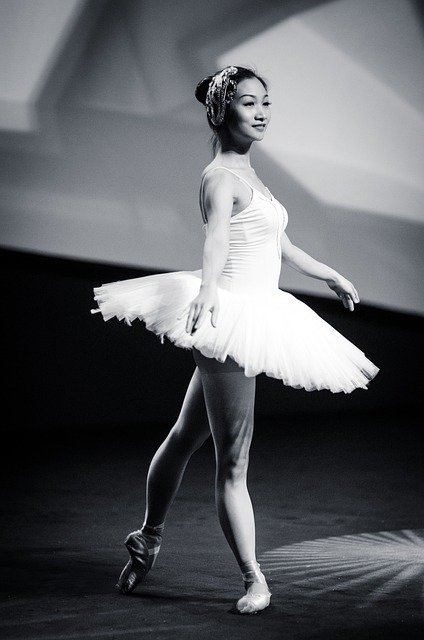Silent Subcultures: Exploring the Hidden World of Introvert Meetups
The concept of introvert-focused gatherings may seem paradoxical, yet a growing movement is redefining social interactions for the quieter among us. These carefully curated meetups cater to those who prefer intimate conversations and low-key activities, challenging traditional notions of socialization. Read below to uncover the fascinating world of introvert meetups and their impact on modern social dynamics.

The Rise of Introvert-Friendly Spaces
The concept of introvert meetups emerged as a response to the growing recognition of different personality types and social needs. Psychologist Carl Jung first introduced the terms introvert and extrovert in the 1920s, but it wasn’t until recent years that the unique strengths and challenges of introverts gained mainstream attention. As awareness grew, so did the demand for spaces and events that catered to introverted individuals.
These meetups take various forms, from silent reading parties in cozy cafes to small group nature walks. The key is creating an environment where introverts can socialize on their own terms, without the pressure to constantly engage in small talk or high-energy activities. Organizers carefully curate these events to ensure a balance between interaction and personal space, often incorporating activities that allow for both individual pursuits and gentle group engagement.
Breaking the Stigma: Redefining Social Success
One of the most significant impacts of introvert meetups is their role in challenging societal norms around socializing. For years, extroverted traits like being outgoing, talkative, and the life of the party were often seen as the ideal. This left many introverts feeling inadequate or pressured to conform to a social style that didn’t align with their natural inclinations.
Introvert meetups are helping to break this stigma by showcasing alternative forms of social interaction. They demonstrate that meaningful connections can be formed through shared silence, parallel activities, or deep conversations in small groups. This shift in perspective is not only empowering for introverts but also broadens society’s understanding of diverse social needs and preferences.
The Psychology of Quiet Gatherings
The success of introvert meetups can be attributed to their alignment with the psychological needs of introverted individuals. Research in personality psychology has shown that introverts tend to prefer less stimulating environments and derive energy from solitude or small group interactions. These meetups provide a controlled setting that respects these preferences while still offering opportunities for social connection.
Psychologists have noted that such environments can significantly reduce social anxiety and stress for introverts. By removing the pressure to perform or constantly engage, these gatherings allow introverts to socialize in a way that feels authentic and energizing rather than draining. This approach not only enhances the quality of social interactions but also contributes to better mental health and well-being for introverted individuals.
Technology and the Facilitation of Quiet Connections
The growth of introvert meetups has been significantly aided by technology, particularly social media and event planning platforms. These tools allow introverts to connect with like-minded individuals and organize gatherings without the need for extensive face-to-face networking. Online platforms provide a low-pressure way to explore potential meetups, communicate preferences, and ease into social situations at a comfortable pace.
However, the relationship between technology and introvert meetups is complex. While digital tools facilitate connections, many of these gatherings emphasize unplugging and engaging in real-world interactions. This balance reflects a broader trend in modern society: using technology to enable more meaningful offline experiences rather than replace them entirely.
The Broader Impact on Social Norms
As introvert meetups gain popularity, they are beginning to influence broader social norms and expectations. Businesses, particularly in the hospitality and event planning sectors, are starting to recognize the value of catering to introverted customers. This has led to the creation of more diverse social spaces and events that accommodate a range of personality types and social preferences.
Moreover, the principles behind introvert meetups are seeping into other areas of life, including workplaces and educational settings. There’s a growing recognition that providing spaces and opportunities for both extroverted and introverted styles of interaction can lead to more inclusive, productive, and creative environments. This shift represents a significant step towards a more nuanced understanding of human social behavior and needs.
In conclusion, introvert meetups are more than just a niche trend; they represent a fundamental shift in how we think about social interaction and community building. By creating spaces that honor the needs and preferences of introverts, these gatherings are fostering a more inclusive social landscape. As society continues to evolve, the quiet revolution of introvert meetups serves as a powerful reminder of the diversity of human social needs and the importance of creating spaces where all personality types can thrive.





